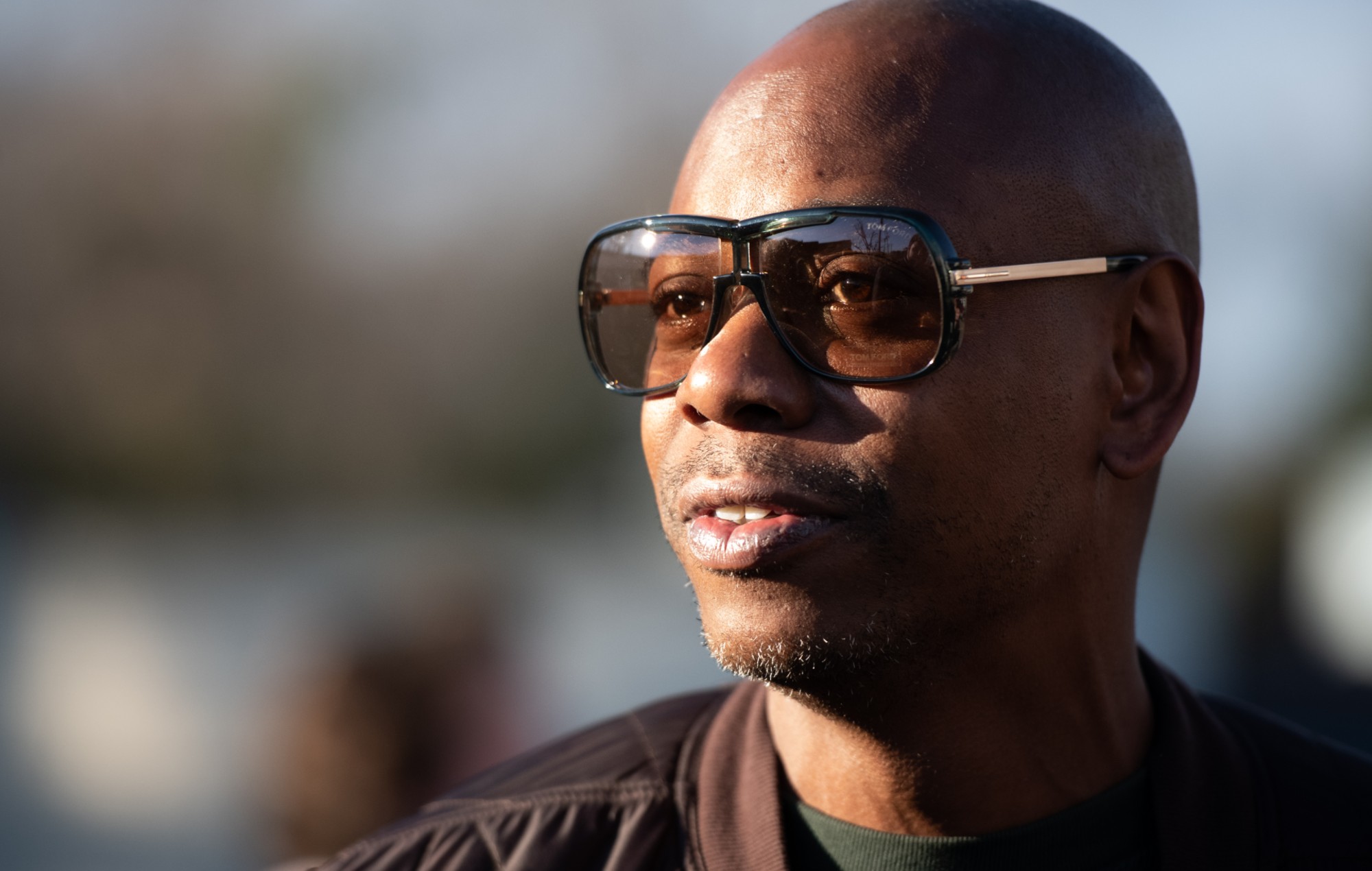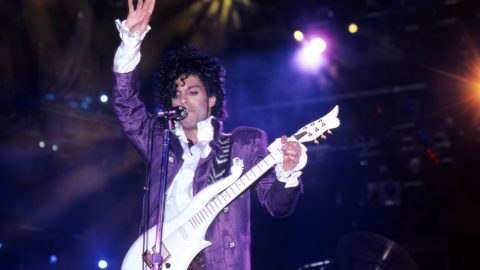![]()
Talent shows have been a longtime staple of reality TV. In the UK, Opportunity Knocks birthed the nation’s love for the genre in the mid-1950s while also establishing the format we now know and love: the contestant with the most public votes wins. The shows that have followed (Pop Idol, Popstars) have discovered some of the biggest pop stars in Britain. But, in recent times, our attention has wavered: the format got repetitive, predictable even, and one-time telly institutions like The X Factor have dropped off the airwaves. Project Icon, BBC Three’s new music talent show with a twist, is now hoping to reinvigorate the genre.
The brainchild of chart-topping singer Jason Derulo, who is joined on the show by fellow judges Becky Hill and manager-to-the-stars Frank Harris, Project Icon will take 10 unsigned UK artists on a crash course of what it takes to be a pop star in 2023. The overall victor will walk away with a career-making record deal with Derulo and Harris’ label, Future History Records, as well as a collaboration with the singer himself and the chance to perform at BBC Radio 1’s Big Weekend. But our intrepid contestants must first partake in a set of weekly challenges, from writing songs with some of the UK’s top producers to navigating interviews with the press, in a bid to impress the judges. Those who don’t will then need to “sing to save their asses” in a sudden-death live performance round in order to stay in with a chance of victory.
So why, then, has Derulo decided to bring Project Icon to our shores? “The UK has become one of the biggest music tastemakers in the world,” the Florida-born singer tells NME at Manchester’s Blueprint Studios. “It’s the perfect place to unearth new talent.” Music mogul Harris, who co-created Project Icon with Derulo, agrees. “[We’re hoping to have] the number one show in the UK,” he adds, joining our chat on Zoom. “We’re keen to find that 360-degree, consummate artist.”
Double BRIT-winner Hill was chosen as the third and final judge. The ideal British anchor for the show, her own successful music career came after she got her break on The Voice in 2012. She’s hopeful that Project Icon can make stars of its contestants, who will all go through what is, she says, “essentially pop star boot camp” during the series.
“The X Factor had a record label attached to it,” she adds about the difference between the old guard and the new show’s format. “But many people still went into that record deal blind, not knowing about the business.”

The 10 contestants battling it out for the grand prize represent a whole set of different genres and areas of the UK. For Philippines-born, Bristol-based alt-R&B artist Xyzelle, the Project Icon experience has exposed her to an alternative way of writing music. “[I find it] different when there’s briefs and they’re telling you to [write songs] in a certain amount of time,” she delightedly tells NME over Zoom. “You’re already in a different mindset on the show, and making content is a different process to [making music] outside of the competition.”
Mia Kirkland, a busker who is also the youngest contestant in this series, also had to get used to the strikingly different creative process served up by the show. Leaving her home city of York for the first time alone to do the show, the pop/dance artist found that the process of competing and living with her fellow contestants “had its positives and negatives”.
“We all got to go home, sing together and learn each other’s stories,” Kirkland says. “Then you might not have done so well [in one round] and had to go home [to someone else celebrating] — it’s like leaving work and living with your colleagues.” But, by the end of the process, she’d learned to “put herself first” despite being a naturally collaborative person because “obviously, everyone is here for one thing.”
East London jazz extraordinaire and music teacher Nnenna King, meanwhile, recalls how she often got to “have a regular conversation” with the show’s judges. “They’re not like Simon Cowell and [just] being a bastard,” she says. “Frank is quite stern – you never know what he’s thinking – but Jason says what he thinks, but with a funny edge. Becky is the nice one: she’ll give you some criticism, but will give you some positivity first.”
King previously filmed a televised, albeit unsuccessful, audition for The Voice. She enjoyed the new “cool process” of Project Icon, though: “The fast-paced nature of getting in a car, going here, learning something in 24 hours, then going back to London. Maybe this is the true glimpse of being an artist.”
Talent shows like The X Factor and Pop Idol primarily centred around their contestants’ performance abilities and their backstories. Project Icon, however, wants to combat this outdated approach head on: the contestants are instead set a series of music industry-based challenges in an effort to mould an all-round set of artists who can cope with whatever the industry throws at them. “This is the introduction I wish I’d had at 17, getting into the business,” Hill says. “I’d like to think [Project Icon] is a real, tangible experience that doesn’t rely heavily on contacts. You’re able to take constructive criticism away, work on it and have hope.”
The first challenge of the series sees our contestants each pen an original track that lasts just 90 seconds – one contestant (we won’t spoil who) ends up singing a bubbly song about “rice, peas and chicken” before being abruptly axed. The task forms part of the first episode’s focus on the importance of social media, with our contestants being asked to make TikTok videos to show off their brand and personality for the judges. Savvy social media accounts are an integral part of today’s music industry, and can change anyone’s life overnight via a viral hit.
“12 of the 13 biggest songs of last year had a significant TikTok campaign,” Harris explains. “So if you’re not able to master and be successful in the social space, it’ll be harder for someone to be successful and break into today’s music world.”
From building their online brand to songwriting under pressure, it’s hoped that Project Icon’s contestants will come out of the experience loaded with the necessary skills to tackle the industry. “Today is the hardest it’s ever been to be successful in the music industry — the entertainment industry, actually,” Harris adds. “I think it was imperative for us to be honest and candid with the contestants and prepare them for the harsh realities they’ll face. You used to see on other shows, especially singing competitions, they just focused on the singing element, but I think we have significantly involved the music industry [on Project Icon].”
Despite noting that you don’t have to be good at everything to be successful, Derulo, whose popularity has skyrocketed once again thanks to TikTok, says he wants the contestants to understand that “[these skills] can work together in different ways, and this process is to see who can harvest them and have the best chance at longevity.”

Another important way that Project Icon is changing the game is through its post-show care policy. Safeguarding procedures following the conclusion of a reality show’s production and release are incredibly important, and it’s a subject that has been rightly thrust into the spotlight in the UK following the tragic deaths of Love Island’s Mike Thalassitis and Caroline Flack in 2019 and 2020 respectively. In the US, Simone Battle, a finalist on The X Factor in 2011 who went on to become a member of G.R.L., took her own life in 2014.
With TV networks being regularly accused of quickly washing their hands of talent once a season or series concludes, Project Icon is hoping to bring change into the talent show genre. “We wanted to not only create [an entertaining] TV show, but also a platform to promote stars [the judges] truly believe in,” Harris says. He goes on to stress that they want all the contestants to be successful even if they don’t win Project Icon, intending to “push them and follow up” after the cameras have stopped rolling.
“Hopefully we can show that talent shows don’t have to be as destructive as they have been to people’s lives,” Hill adds in agreement. “What I’ve taken away from this show is how nurturing it is: you’re not singing one day and dropped the next. You can walk away with some hope.”
While the show does need to ultimately produce someone who’s ready to adopt the popstar lifestyle, they also have a clear intention to avoid the brief conveyor belt format of previous talent shows by instead injecting a healthy dose of realism into this fleet of hungry, emerging talent. As well as being a modern-day “popstar boot camp”, Derulo and Harris’ TV creation will seek to teach the drive and work ethic that they both know works wonders in the music industry. But, as with all talent shows, there can only be one overall winner, as Derulo notes: “We are searching for tomorrow’s next superstar, and hopefully making someone’s dreams come true.”
‘Project Icon’ will premiere tomorrow (March 26) at 9pm on BBC Three and BBC iPlayer
The post How ‘Project Icon’ is rewriting the TV talent show rulebook appeared first on NME.





